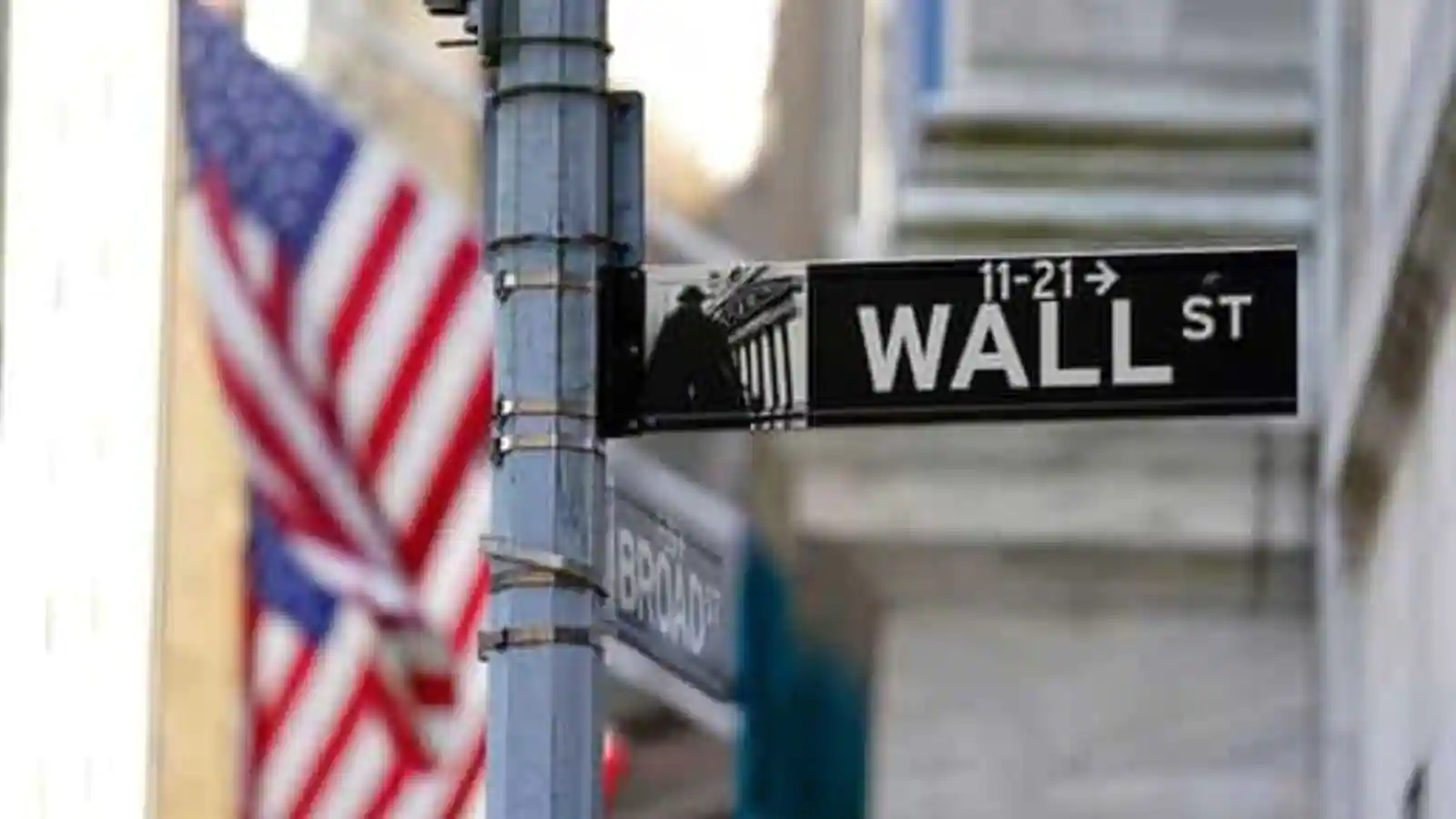10555
0
Wall Street picked up on Friday's positive development
Wall Street picked up on Friday's positive development. The S&P 500 and the Nasdaq Composite hit new all-time highs.

Yazar: Tom Roberts
Yayınlanma: 24 Ağustos 2021 09:33
Güncellenme: 3 Mart 2026 01:11
Wall Street picked up on Friday's positive development
Wall Street picked up on Friday's positive development at the beginning of the week. The S&P 500 and the Nasdaq Composite hit new all-time highs. The fact that the US health authority FDA has now finally approved the corona vaccine from Biontech and Pfizer in the USA was well received by investors. So far, there has only been an emergency license. Both values increased. The full approval is linked to the hope that previously hesitant population groups will be encouraged to vaccinate. In the fairway, Moderna rose by 7.5 percent. The Markit purchasing managers' indices for the manufacturing and service sectors, each for August, were also entirely to the taste of the stock exchange traders. On the one hand, they were clearly in the expansion range with values well over 50, on the other hand they came in below the forecasts and thus reduced worries about a tightening of monetary policy. The Chicago Fed National Activity Index for July, which was published early on the market, exceeded forecasts. The Dow Jones index rose 0.6 percent to 35,336 points. The broader S&P 500 gained 0.9 percent and the technology-based Nasdaq Composite 1.5 percent. The main focus was on the central bankers' meeting in Jackson Hole, which began this week. The main focus here is on statements from Federal Reserve President Jerome Powell as to whether he is announcing the start of tapering. Dallas Fed President Rob Kaplan said Friday that he could reconsider his call for a rapid reduction in monthly bond purchases if it looks like the spread of the Delta variant is holding back economic growth. This had supported Wall Street at the end of the week. Before that, voices from the Fed had increased, calling for the exit to begin soon. "If there is any sign that the US economy is slowing, the Fed will not cut back purchases," said Michael Hewson, chief analyst at CMC Markets. According to the participant, there is a long way to go between the announcement of a tapering and the actual implementation. "We are likely to see signs of slowing global growth," said Carsten Brzeski, ING's global head of macro. "There are two reasons for this: a little more fear and uncertainty due to the delta variant and tensions in the supply chains." Oil prices showed a strong plus of more than five percent and thus made up some of the recent losses. It was said that the weak dollar was supporting this. Participants spoke mainly of a recovery trend - Brent had lost around eleven percent since the beginning of the month, at WTI it was 13 percent. The overarching concern was that the spread of the delta variant of the coronavirus will weigh on demand. On the stock market, the energy sector rose sharply with the fixed oil prices. Chevron rose 2.6 percent and Exxon rose 4.1 percent. Pfizer will acquire the remaining shares in Trillium Therapeutics that the pharmaceutical company did not already own. Pfizer pays $ 18.50 per share in cash for this. Trillium shares closed at $ 6.09 on the Nasdaq on Friday. This gives a valuation of $ 2.6 billion. Trillium stock shot up 189 percent to $ 17.59. Boeing papers rose 3.2 percent. According to informed sources, the group wants to invest in Richard Branson's space company as part of Virgin Orbit's planned 3.2 billion US dollar Spac stock exchange plans. The PayPal share gained 1.5 percent. The US payment service provider is rolling out the buying, selling and owning of cryptocurrency in the UK this week as well. Bitcoin also rose sharply as a result and was temporarily quoted above the $ 50,000 mark again - for the first time since May.İLGİLİ HABERLER





European stocks soared and focus shifted to German retail sales after Powell's speech!

Forex Signal For TRY/USD: Inflation Slowdown in November.

Forex Signal For GBP/USD: Bullish Trend Still Not Breaking While Recovery Continues.

Forex Signal For EUR/USD: Starry US Data Points to Higher Fed Increases.

Forex Signal For BTC/USD: Downside Continues as Bitcoin Recovery Moves Less.
En Popüler Haberler
Yorum Yap
Yorumlar
Henüz yorum yapan yok! İlk yorumu siz yapın...